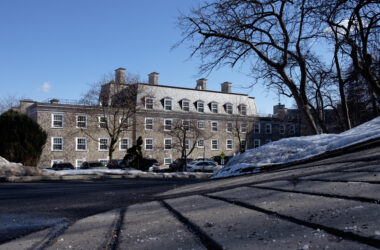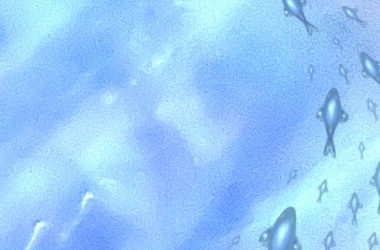
It is the year 1812. Yankee soldiers, some waving gigantic versions of the Red, White, and Blue, storm northwards under the auspices of a Greater Power. As a blazing sun sets on Upper and Lower Canada, budding Canadians everywhere yield to the call to keep their True North strong and free. They bravely escort Uncle Sam out of their backyard, and chase him all the way to his, where they gloriously—but no doubt politely—burn down his White House. Once home, the Canucks tell America to go shove its Manifest Destiny, before settling down for an amiable game of Scrabble. And so, a nation is born.
Such myth making is an age old gimmick in the toolbox of nationalists, and unfortunately, it works pretty well. The kind of fervour that comes with a nationalistic sense of a collective purpose has inspired some of the most horrific feats of the 20th century. What makes this especially tragic is how blatantly paradoxical nationalist rhetoric is. Historian David Bell put it succinctly when he wrote that nationalism “makes political claims which take the nation’s existence wholly for granted, yet it proposes programs which treat the nation as something yet unbuilt.”
It might be tempting for some Canadians to take this year, the 200- year anniversary of the War of 1812, as some sort of galvanizing historical event that should sprinkle the maple leaf with pride, and enhance Canadian identity. They will do well, however, to remember that this country is now made up of more than seven million first generation immigrants, people whose roots on this continent go back, at most, a couple of decades. Some of them have left states where the myth making in nation-building was rampant, and where the intolerance that comes with trying to constrain identities was a part of everyday life.
Canada’s history is a rich and exciting one to study, and certainly there are many moments of bravery and courage to celebrate. But do we need a war, one that was fought when a sizable chunk of current Canadian’s ancestors were making their lives overseas, to strengthen or define who Canadians are?
Choices are made when constructing identities; asking to take the War of 1812’s patriotic potential with a grain of salt is a realistic plea to find ourselves in some sort of objective reality. It is a demand to look at what constitutes Canada today, and that is a country of immense diversity.
A sizeable chunk of Canadians are new, and hail from far too varying histories to grasp onto 1812 as an important marker. And ‘old’ Canadians appear to celebrate these varying histories as well. A recent Environics Institute survey suggests that most Canadians feel that recent immigrants are just as likely to be good citizens as people who were born here, and that most Canadians don’t have problems with multiple identities, as manifested through dual citizenships.
The same poll illuminates values that might indeed bind all Canadians together. Treating people equally, protecting the environment, voting in elections, and obeying Canada’s laws were among the top behaviors associated—by both ‘old’ and ‘new’ Canadians—with being a Canadian citizen. These are things we can all celebrate in 2012.








